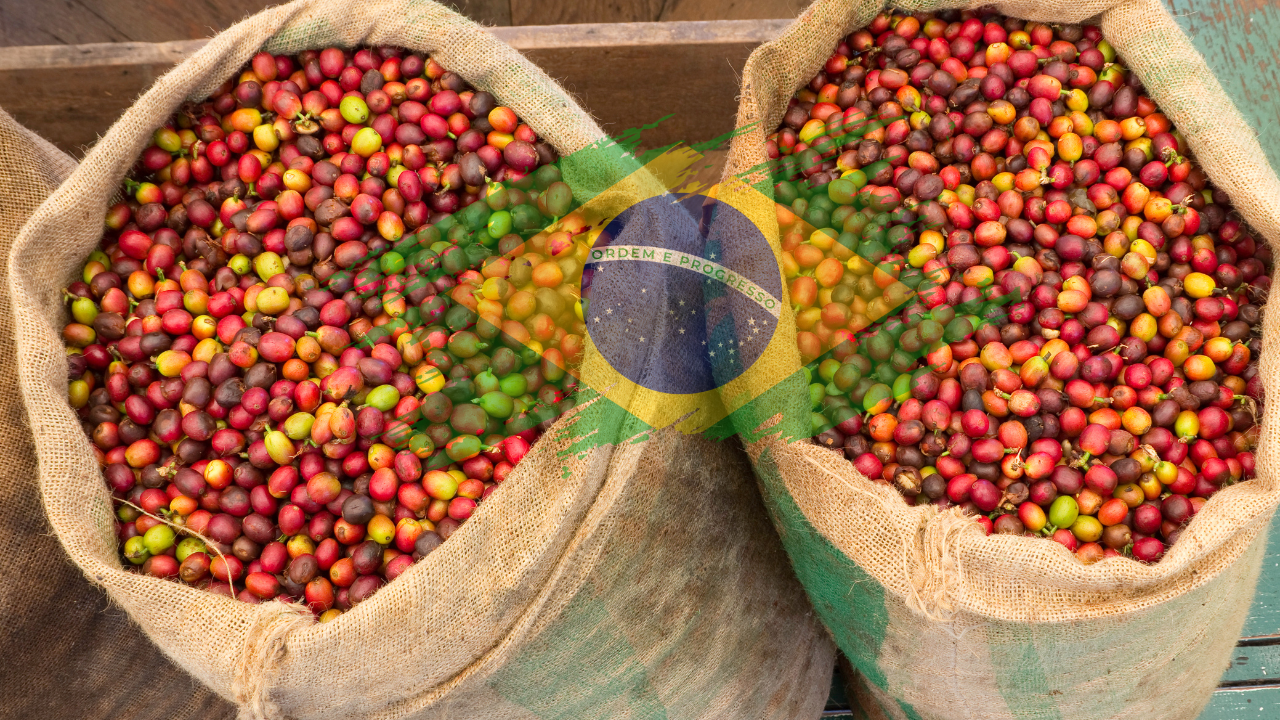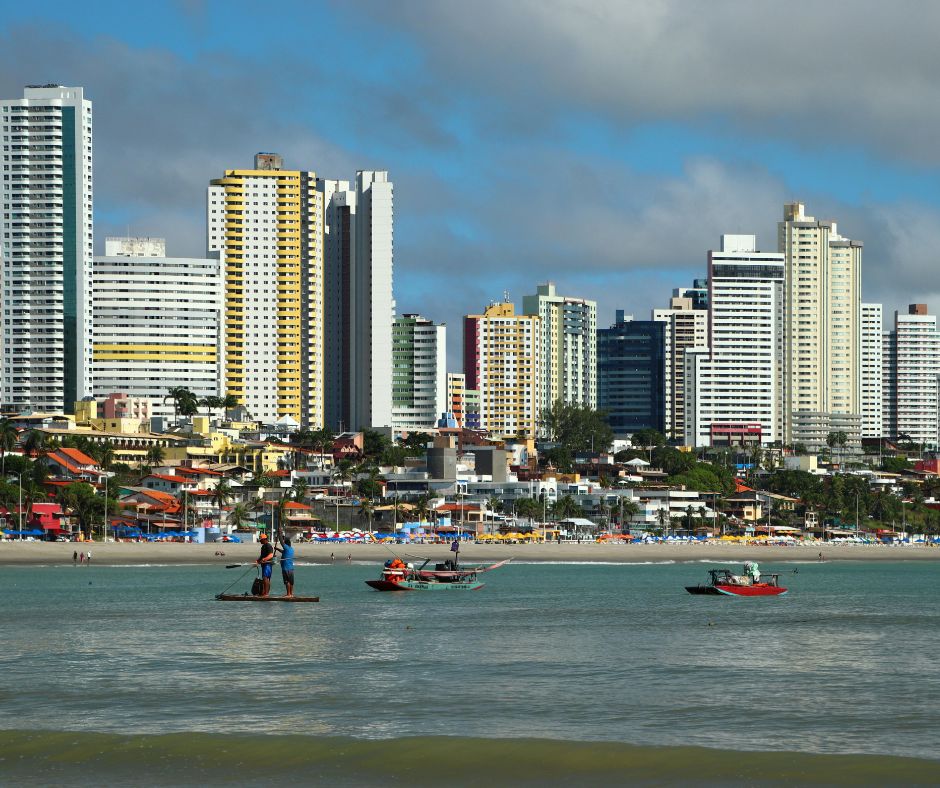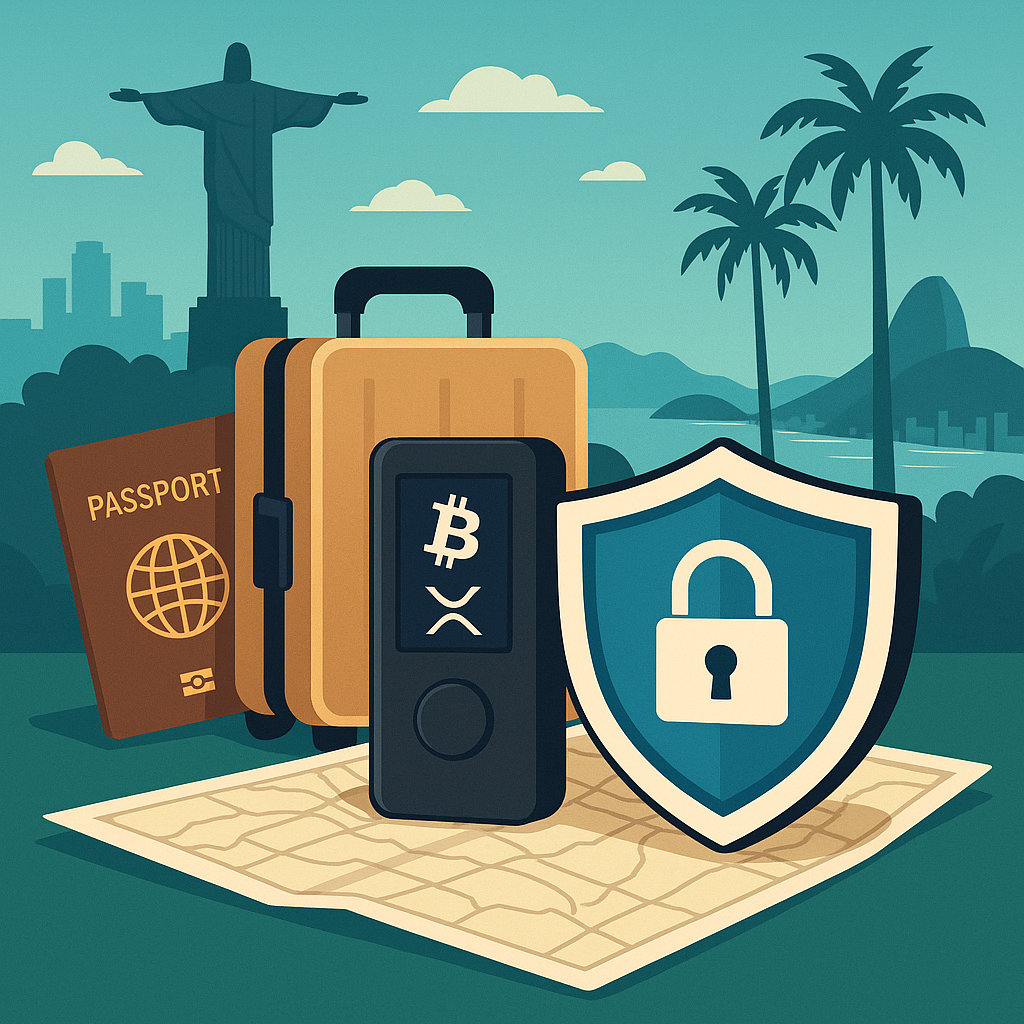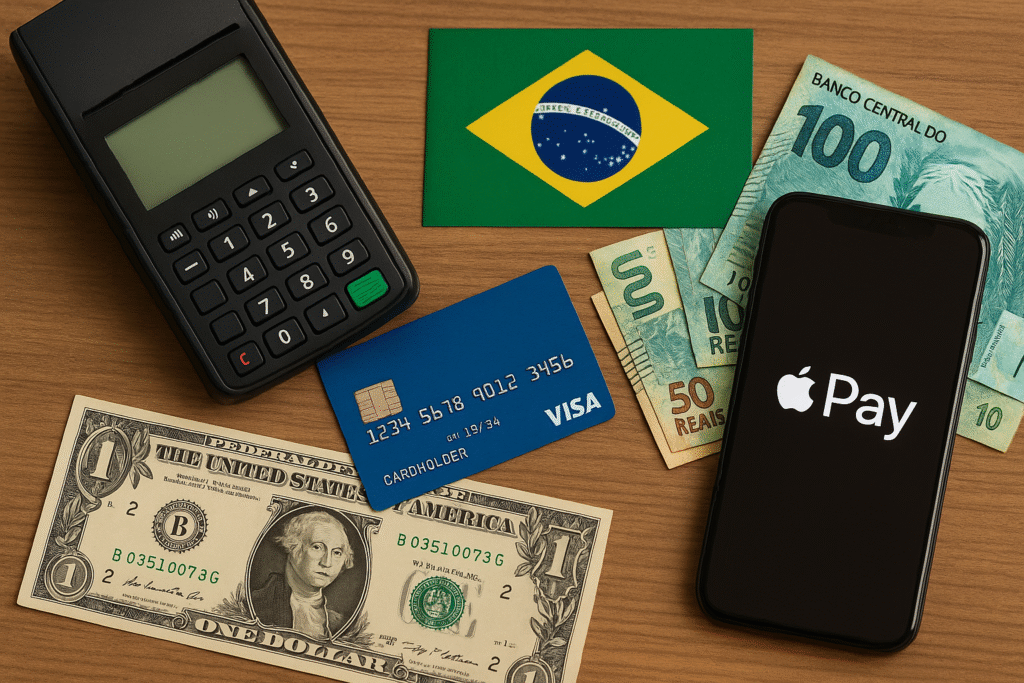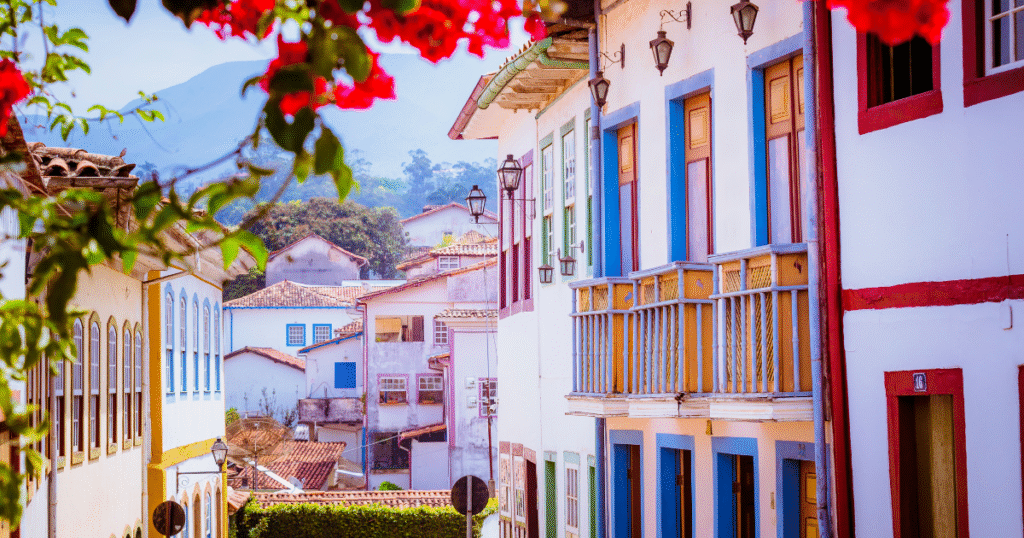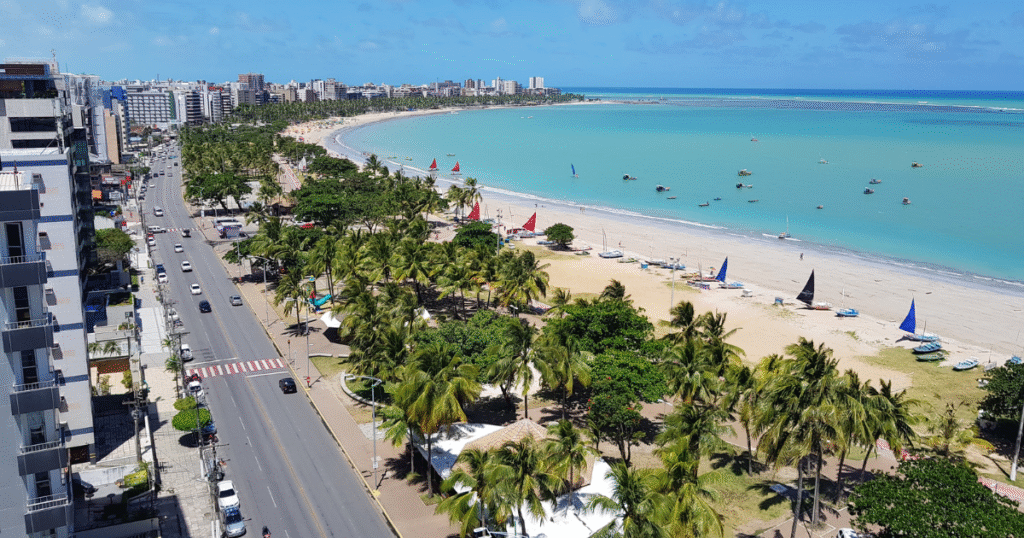Why Start a Coffee Export Business in Brazil?
Brazil is the world’s largest coffee producer, making it an ideal place to start a coffee export business. The global demand for specialty coffee, green coffee beans, and roasted coffee continues to rise, presenting a lucrative opportunity for entrepreneurs looking to enter the coffee trade.
However, exporting coffee isn’t just about finding beans and shipping them overseas—it requires careful sourcing, understanding buyer needs, navigating export regulations, and maximizing profit margins while minimizing risks.
This guide will show you how to find reliable coffee sellers, connect with buyers, and structure your business to make it profitable.
Step 1: Finding the Right Coffee Suppliers in Brazil
Before exporting, you need to secure high-quality coffee beans from trustworthy sellers. There are several ways to source coffee in Brazil, each with different advantages.
Where to Source Coffee in Brazil:
✔ Direct from Coffee Farms: Work directly with coffee plantations, known as fazendas, in regions like Minas Gerais, Espírito Santo, São Paulo, and Bahia. This ensures fresh, traceable beans and better pricing. ✔ Coffee Cooperatives: Groups of small farmers who sell beans in bulk. Examples include Cooxupé and Cocatrel. ✔ Specialty Coffee Associations: If you’re targeting the premium market, source from Brazil Specialty Coffee Association (BSCA) or certified organic & fair-trade farms. ✔ Commodity Brokers: Brokers can connect you with large-scale coffee producers and negotiate better deals for bulk purchases.
💡 Pro Tip: Specialty coffee commands higher prices than standard-grade beans. If you want to stand out, look for single-origin, organic, or fair-trade certifications.
Step 2: Finding Buyers for Your Coffee Export Business
Once you have a reliable coffee source, the next step is finding buyers willing to pay a premium for Brazilian coffee.
Who Buys Coffee Internationally?
✔ Coffee Importers & Distributors – They buy in bulk and resell to roasters or retailers. ✔ Cafés & Coffee Roasters – Smaller buyers who focus on specialty coffee. ✔ Grocery Chains & Supermarkets – Some larger stores import directly. ✔ Online Marketplaces (DTC Model) – Sell coffee directly via Amazon, Etsy, Shopify, or your own website. ✔ Trade Shows & Coffee Expos – Attend SCA Coffee Expo, World of Coffee, or Brazil’s Coffee Week to meet global buyers.
💡 Pro Tip: Use LinkedIn, Alibaba, and coffee industry forums to connect with international buyers and establish long-term contracts.
Step 3: How to Make Profit & Reduce Risks in Coffee Exports
Success in coffee exporting is all about profit margins, cost control, and risk management.
Ways to Maximize Profit:
✔ Buy Directly from Farms – Cutting out middlemen means lower costs & higher profit margins. ✔ Offer Private Labeling – Sell branded coffee with custom packaging for premium pricing. ✔ Sell Green Beans & Roasted Coffee – Diversify your product offerings for different customer segments. ✔ Target Specialty Coffee Buyers – Specialty beans sell for 2-5x higher than commodity-grade coffee. ✔ Use Efficient Shipping Methods – Bulk shipping reduces per-unit costs.
How to Minimize Risks:
🚨 Hedge Against Currency Fluctuations – The Brazilian Real (BRL) fluctuates, impacting profits. Use a multi-currency account like Wise for better exchange rates. 🚨 Ensure Legal Compliance – Get proper export licenses (RADAR & SISCOMEX registration) to avoid delays. 🚨 Use Freight Forwarders – Professional logistics companies handle customs & shipping, reducing errors. 🚨 Sign Long-Term Buyer Contracts – Having recurring orders ensures stable revenue.
💡 Pro Tip: Reduce risk by securing payment upfront or using escrow services for new buyers.
Step 4: Logistics & Shipping for Coffee Exports
Once you secure a buyer contract, the final step is getting your coffee delivered efficiently.
Best Shipping Methods for Coffee:
✔ Air Freight (Fastest, Most Expensive) – Ideal for small shipments of roasted coffee. ✔ Sea Freight (Cheaper, Slower) – Best for bulk shipments of green coffee beans. ✔ Courier Services (DHL, FedEx, UPS) – If selling direct-to-consumer (DTC).
Documents You Need for Exporting Coffee:
✔ Commercial Invoice – Details the coffee type, quantity, and buyer information. ✔ Packing List – Specifies how the coffee is packaged and labeled. ✔ Certificate of Origin – Required for customs clearance in many countries. ✔ Bill of Lading (B/L) – The contract between the exporter and the shipping company. ✔ Export Declaration (SISCOMEX) – Required by Brazilian customs.
💡 Pro Tip: If shipping in bulk, use port cities like Santos or Paranaguá, which handle major coffee exports.
Final Thoughts: Is a Coffee Export Business Worth It?
The coffee export industry offers high-profit potential, but it also requires careful planning, sourcing, and logistics management. By partnering with the right suppliers, finding reliable buyers, and minimizing risks, you can build a sustainable and profitable coffee export business from Brazil.
🚀 Are you ready to start your coffee export business? Drop your questions below!

